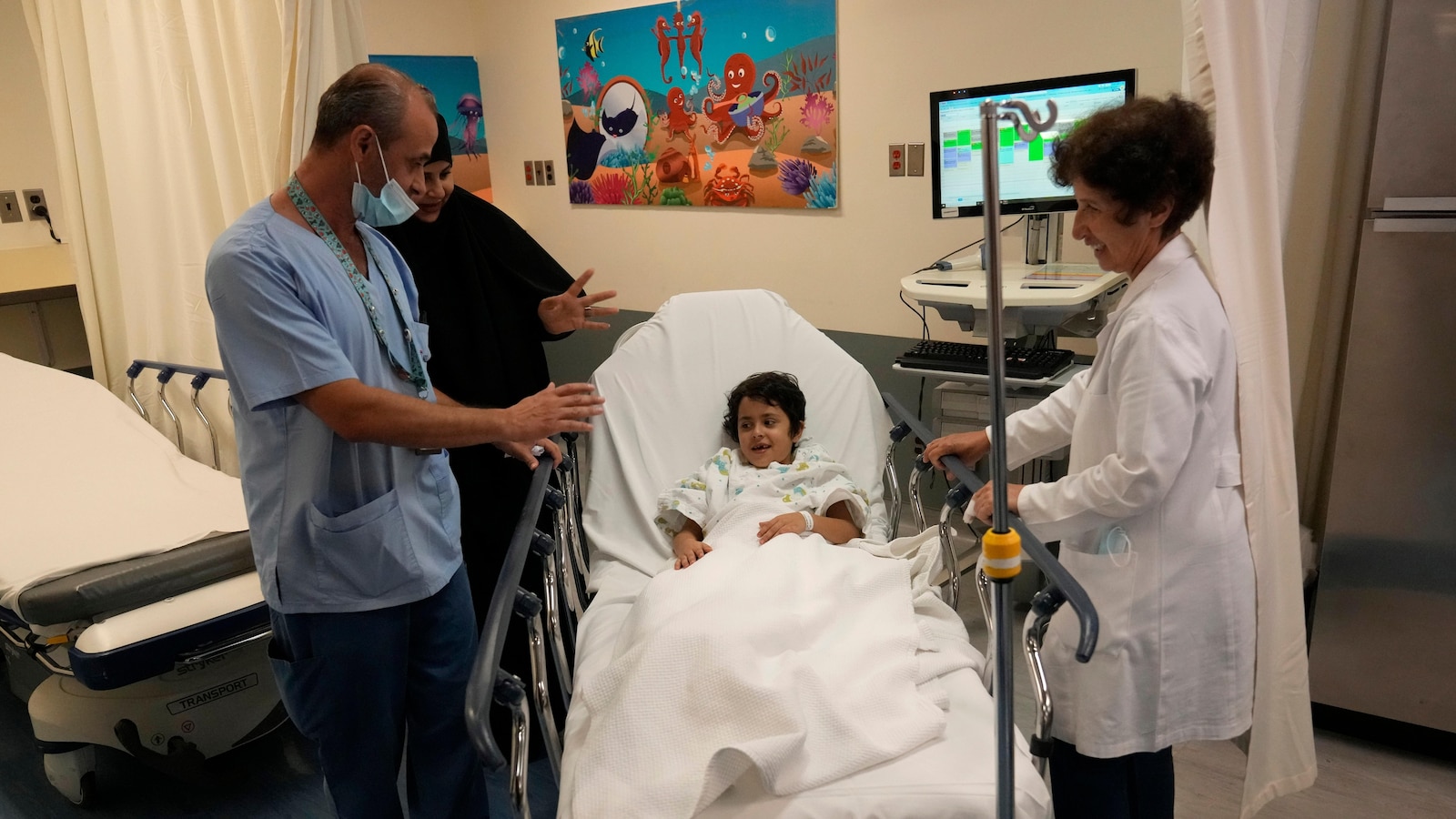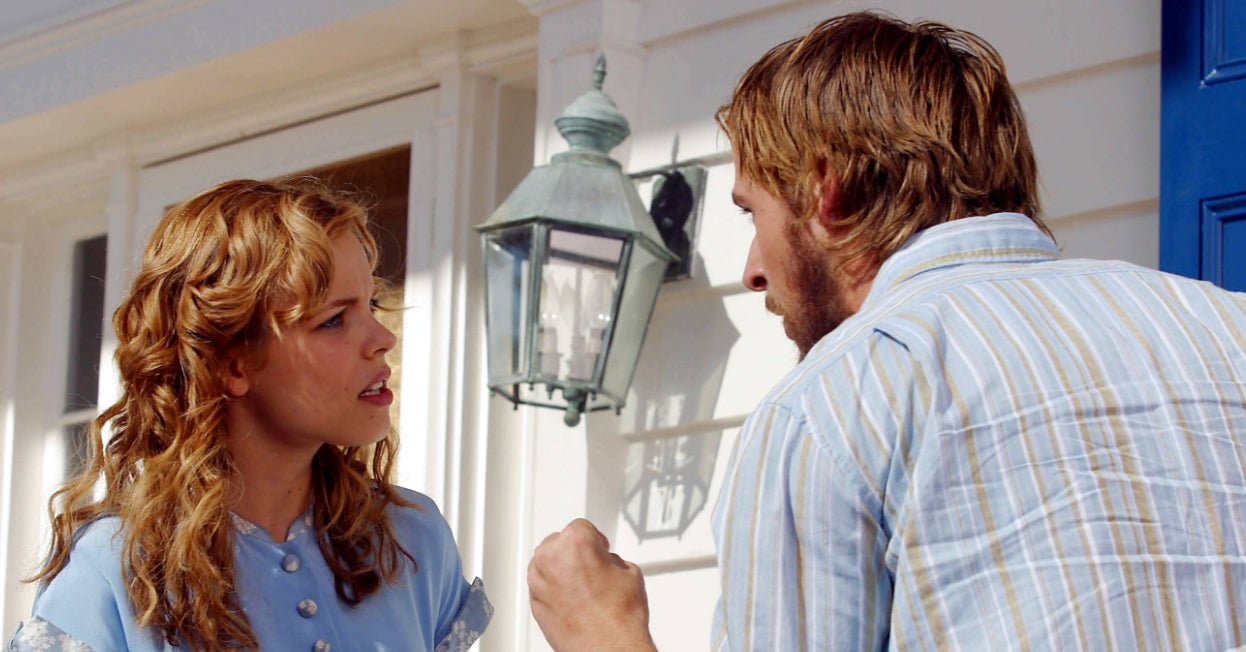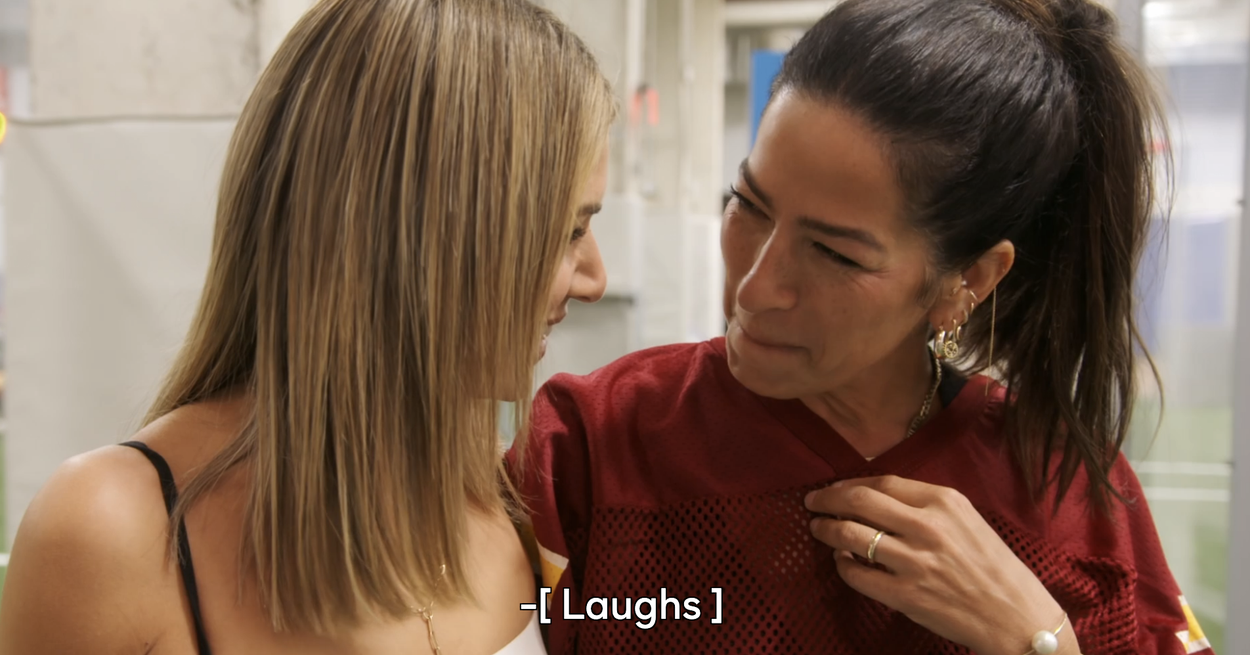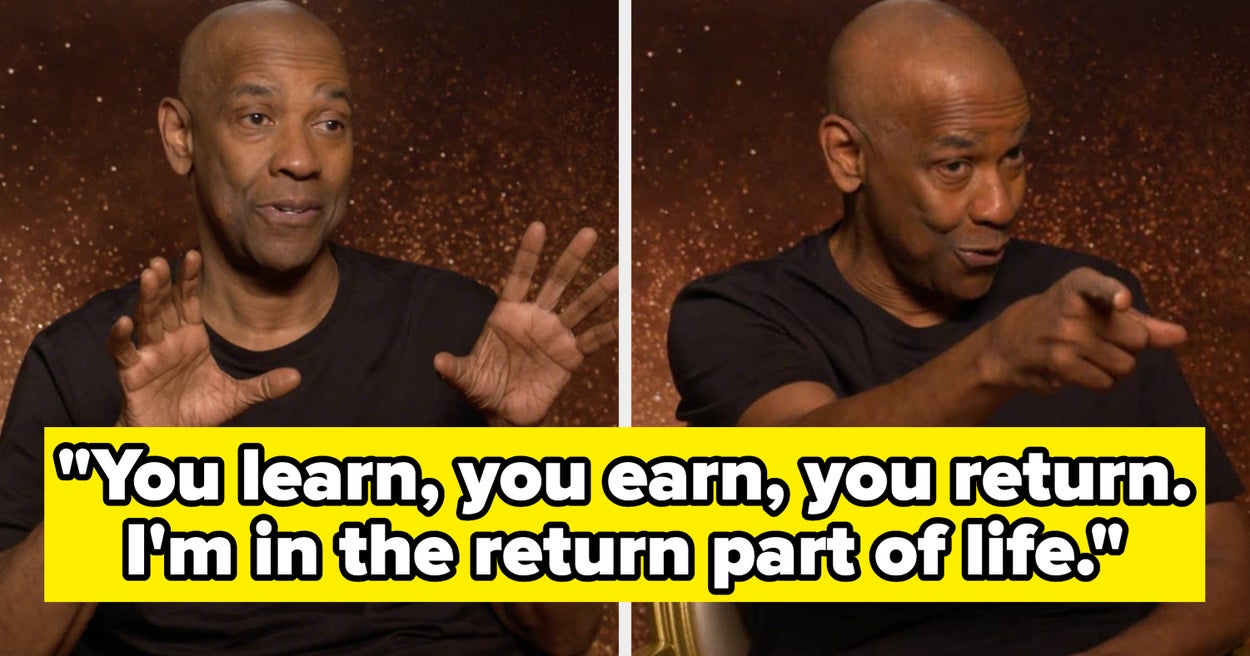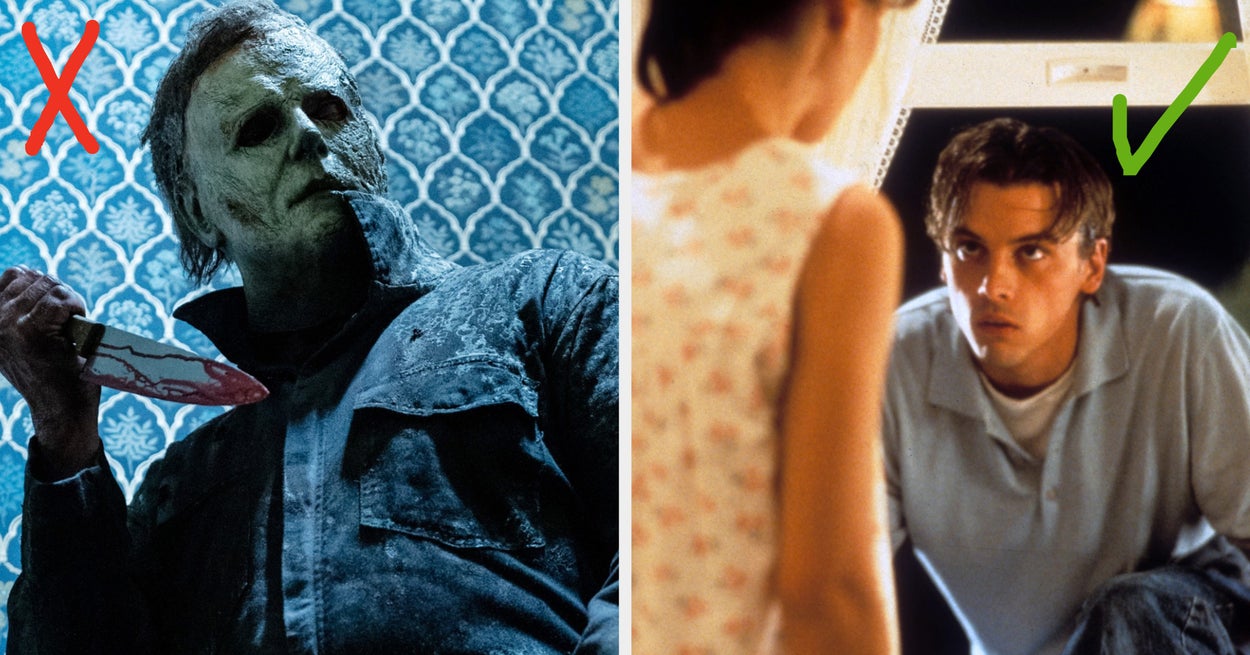
:max_bytes(150000):strip_icc():format(jpeg)/Health-GettyImages-851111614-bcc146e8f4cb4fd1a9601ca98b0b697f.jpg)
Skin cancer is the most common form of cancer in the United States, with more than 3 million people diagnosed each year. But, according to a new survey, many Americans are misinformed about skin cancer prevention and sun protection.
The survey, conducted by Ipsos on behalf of the Orlando Health Cancer Institute, polled over a thousand people over 18.
Results showed that nearly a third of respondents believed a tan makes people look better and healthier, and 35% weren’t sure if having a “base tan” prevents skin cancer.
Of any age range, adults younger than 35 were most likely to believe skin cancer myths—23% said they think that staying hydrated prevents sunburn, and 14% agreed that using sunscreen poses more harm to the skin than sun exposure.
In reality, the Centers for Disease Control and Prevention (CDC) says there’s no such thing as a safe tan. And the best ways to protect against skin cancer are to avoid unnecessary sun exposure and regularly apply sunscreen.
So why are people so misinformed about skin cancer? And what else should you know when it comes to skin cancer prevention? Here’s what experts had to say.
bymuratdeniz / Getty Images
Experts pointed to social media as the main reason why people fall prey to skin cancer myths.
“More and more of us get our news and information from social media platforms,” Rajesh Nair, MD, an oncology surgeon at the Orlando Health Cancer Institute, told Health. “Unfortunately, this allows easy spread of misinformation and conspiracy theories that are framed in attractive ways.”
Joshua Zeichner, MD, director of cosmetic and clinical research in dermatology at The Mount Sinai Hospital, agreed. “With so much information, and more importantly, misinformation on social media, I find that more and more consumers are believing the wrong advice,” he told Health.
The problem with social media, said Ife J. Rodney, MD, founding director of Eternal Dermatology + Aesthetics, is that “this misinformation is able to reach larger portions of the population and spreads like wildfire.”
Take the clip from reality star Kristin Cavallari’s January 16 episode of her “Let’s Be Honest” podcast. In the clip, which recently made the rounds on TikTok, Cavallari told her guest, functional and eastern medicine practitioner Ryan Monahan, that she doesn’t wear sunscreen and then prompted him to explain “why we maybe don’t need sunscreen.”
Monahan went on to make the false claim that eating an anti-inflammatory diet, creating an “antioxidant reservoir” in the body, and developing a “base coat” of a tan through gradual sun exposure can allow you to be outside without getting burned.
Nair said he finds the widespread arguments against sunscreen use “most troubling,” and thinks people might be more willing to accept sunscreen myths over other misinformation because putting on sunscreen is a pain, and certain types can exacerbate acne. “When something feels like a chore, it becomes a lot easier to believe misinformation steering you away from that practice,” he said.
With one in five Americans developing skin cancer during their lifetime, experts say it’s vital that people understand how the disease works.
There are two forms of skin cancer: non-melanoma and melanoma, which is less common but more deadly.
Both types are caused by genes and environmental factors. One of the biggest hazards is exposure to sunlight’s ultraviolet rays, which can cause cancer by damaging skin cell DNA and leading to abnormal growth.
Drinking water won’t prevent sun damage, as some survey respondents believe, but you have other options for protecting yourself.
The American Academy of Dermatology (AAD) suggests seeking shade when possible, especially between 10 a.m. and 2 p.m. when the rays are strongest, and wearing a wide-brimmed hat, sunglasses with UV protection, and other protective gear.
Despite claims that suggest otherwise, sunscreen is generally safe and can also significantly reduce your risk of skin cancer. Per the AAD, opt for a water-resistant product with broad-spectrum protection and an SPF of at least 30, and remember to reapply every two hours (or after you swim or sweat).
“Even Black people and people with type III Mediterranean skin sometimes feel like they don’t need to wear sunscreen—that’s completely false,” Rodney said. “The fact is that cumulative sun exposure can contribute to certain types of skin cancer, even if you don’t burn as easily. Nobody is immune.”
Keep in mind that while suntanned skin might look like a sign of health, the opposite is true. That bronzed look is simply a signal that your skin has been affected by UV rays and produced more melanin, or pigment, to prevent further damage.
“The risks associated with UV light exposure, such as the development of skin cancer, to give you that tan is not worth it,” Zeichner said. “So instead of getting a tan from the sun, try using a sunless tanner from a bottle.”

